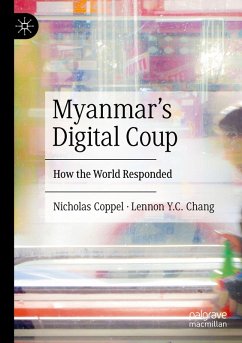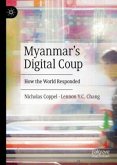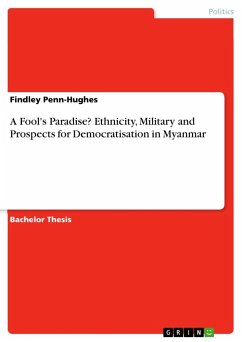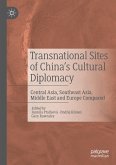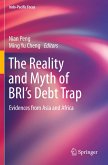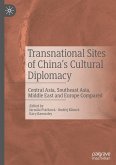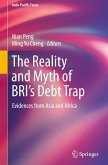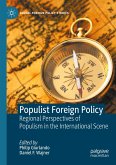This book analyses how technologies have been used by both the military junta and resistance movement in Myanmar's digital coup to control information and the transfer of funds and to pursue accountability. They have been used to pressure and mobilise external actors and the book critically assesses international responses ranging from the United Nations, ASEAN, individual countries, activist groups, donors and international businesses. Contact with the military has been criticised as recognising and legitimising the regime and individual firms have come under pressure to exit. The authors argue that the National Unity Government overestimates the significance of foreign recognition and activists overestimate the influence of international responses on military behaviour. They suggest external actors change from judging and excoriating the responses of the international community and focus on how foreign governments,businesses or organisations can support and strengthen Myanmar society. If change in Myanmar is to come it will be those that have remained, not those that have left, that will bring it about.
One of the first academic books published on Myanmar s 2021 coup d état, Myanmar s Digital Coup, positions itself as a policy-relevant informative guide to assess the efficacy and utility of the varied international responses to Myanmar s ongoing civil war . Sections of the book would make excellent course reading material, particularly for those interested not only in the case of Myanmar and Southeast Asia but also in the broader realities of international relations and the limits of diplomacy. (Roger Lee Huang, Journal of Burma Studies, Vol. 29 (1), June, 2025)

